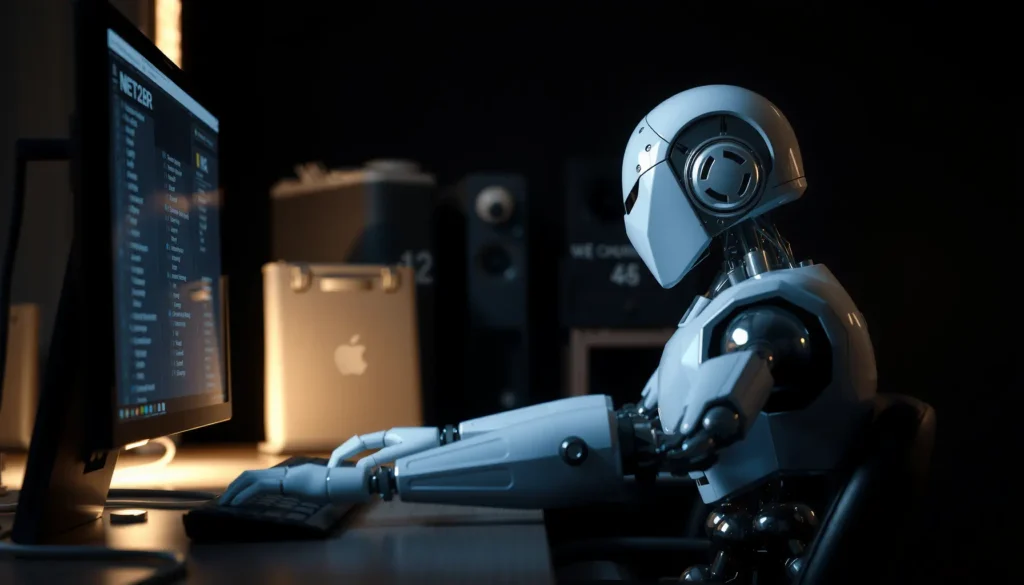Comparing the World Before and After Artificial Intelligence
If we take a moment to reflect on the past, we realize how dramatically our world has changed. One of the greatest transformations of this century is the emergence of artificial intelligence (AI), which has astonishingly reshaped human life. In this article, we aim to provide an engaging and insightful comparison between the world before and after AI. How was our world before AI? And today, with this advanced technology, what differences have appeared in our lives? Join us as we answer these questions.
Before AI: The Era of Traditional Methods and Limitations
In the old days, most tasks were done manually. For example, in businesses, employees had to spend hours continuously reviewing and analyzing data. Even in various industries, progress was much slower than today. These limitations meant that many ideas and projects could not be implemented quickly.
- Slow workflow: From data processing to product manufacturing, everything took a long time.
- Lack of accuracy and human errors: Because tasks were manual, data accuracy was always at risk of mistakes.
- Limited innovation: Complex processes that required fast analysis were impossible to perform effectively.
The AI Revolution: Unprecedented Changes and Advances
With the arrival of AI in today’s world, everything has changed. AI can now automate tasks that were once exclusively human. These changes have affected not only technology but also our daily lives.
- Unmatched processing speed: Data is now processed in fractions of a second, which was impossible before.
- Reduced errors and increased accuracy: AI has brought levels of precision in many industries previously unreachable by humans.
- Predictive and intelligent analysis: AI can analyze huge volumes of data swiftly and provide smart insights.
AI in Industry and Business: Transforming How We Work
AI is becoming an essential tool for progress in the business world. From big data analytics to process automation, this technology helps companies perform better.
- Process automation: From customer service to manufacturing, AI automates many operations.
- Data analysis: Businesses can analyze data precisely and develop better growth strategies.
- Human resource management: AI assists in workforce needs analysis and recruitment decisions.

AI’s Impact on Daily Life: A Better, Easier World
AI has directly influenced our daily routines. From smart homes to digital assistants, these changes help us live more comfortably.
- Smart homes: Intelligent devices like thermostats and smart lights make life easier.
- Digital assistants: Tools such as Siri and Google Assistant help us find information and manage tasks effortlessly.
- Cloud computing and data storage: Cloud storage allows access to our data from anywhere.
Challenges and Concerns: Is AI a Threat to Humanity?
While AI offers many benefits, some worry about its negative societal impacts. Could this technology one day control the world? Concerns include:
- Job loss and unemployment: Automation may replace certain jobs.
- Privacy and security: Using personal and sensitive data risks breaching privacy.
- AI autonomy: Some fear AI could reach levels beyond human control.
Conclusion
In conclusion, AI has profoundly transformed our world. From widespread industrial advances to improving our daily lives, this technology carries great potential. However, we must remain vigilant about its challenges and risks to fully benefit from AI while minimizing adverse effects. Clearly, the world before and after AI is different and it continues to evolve.
